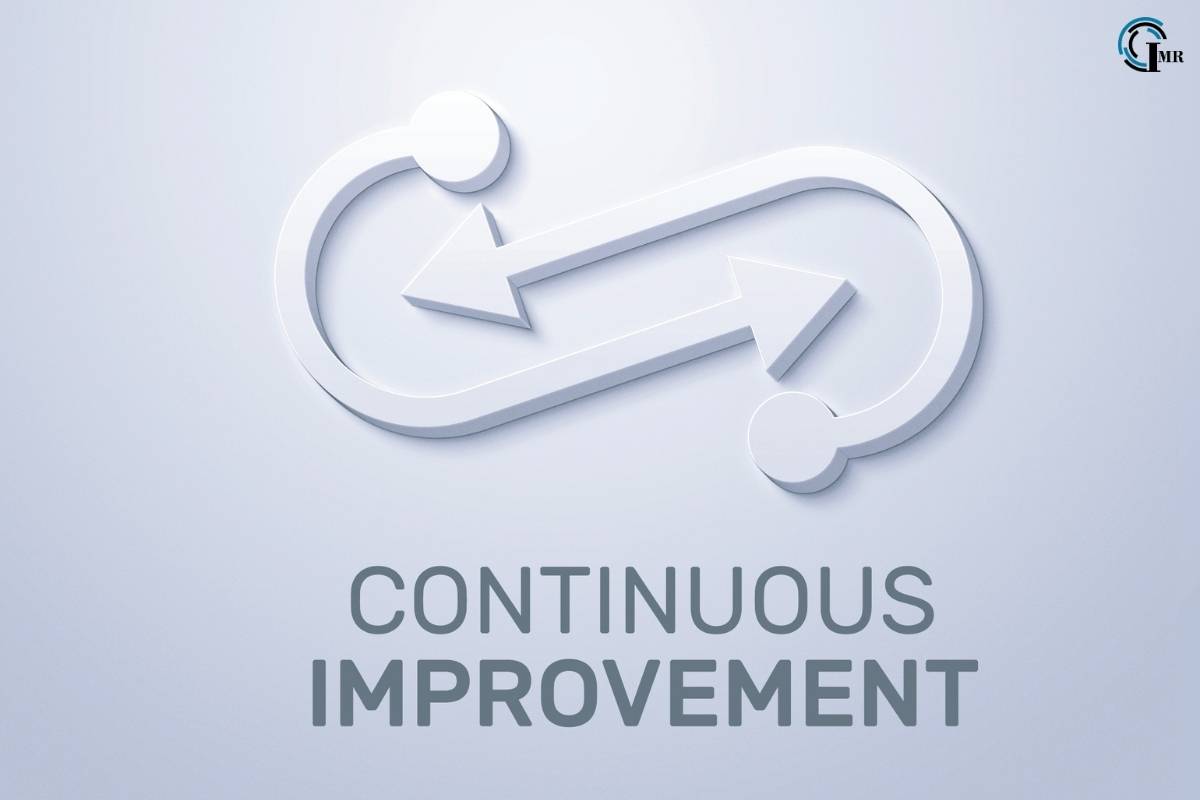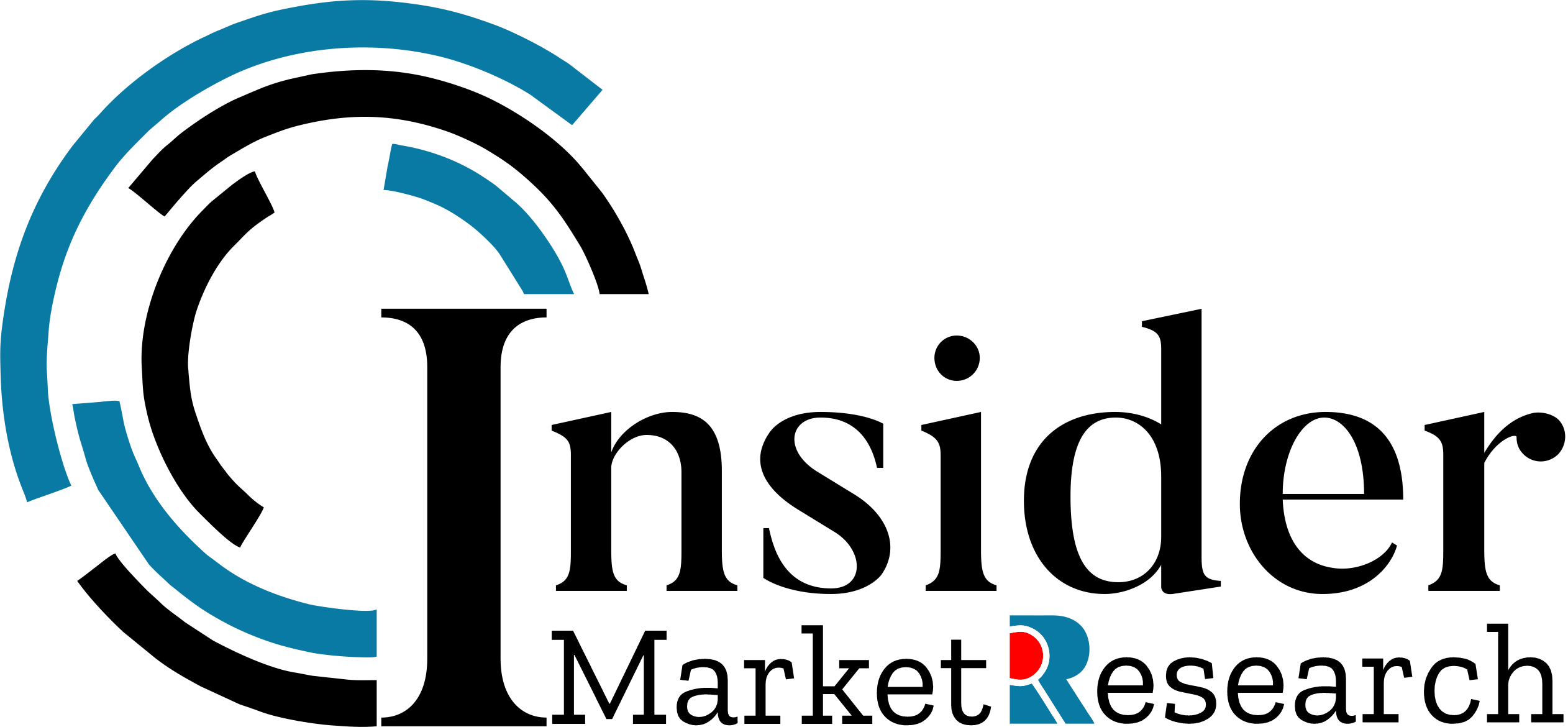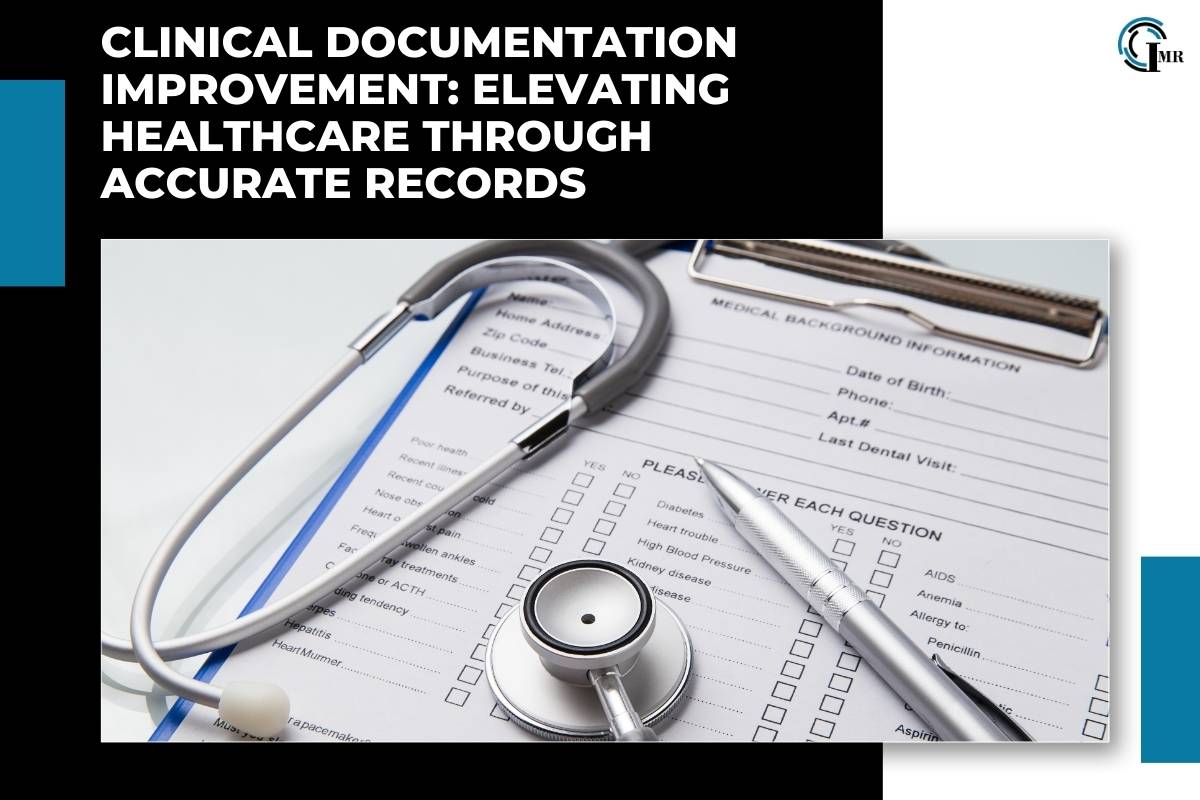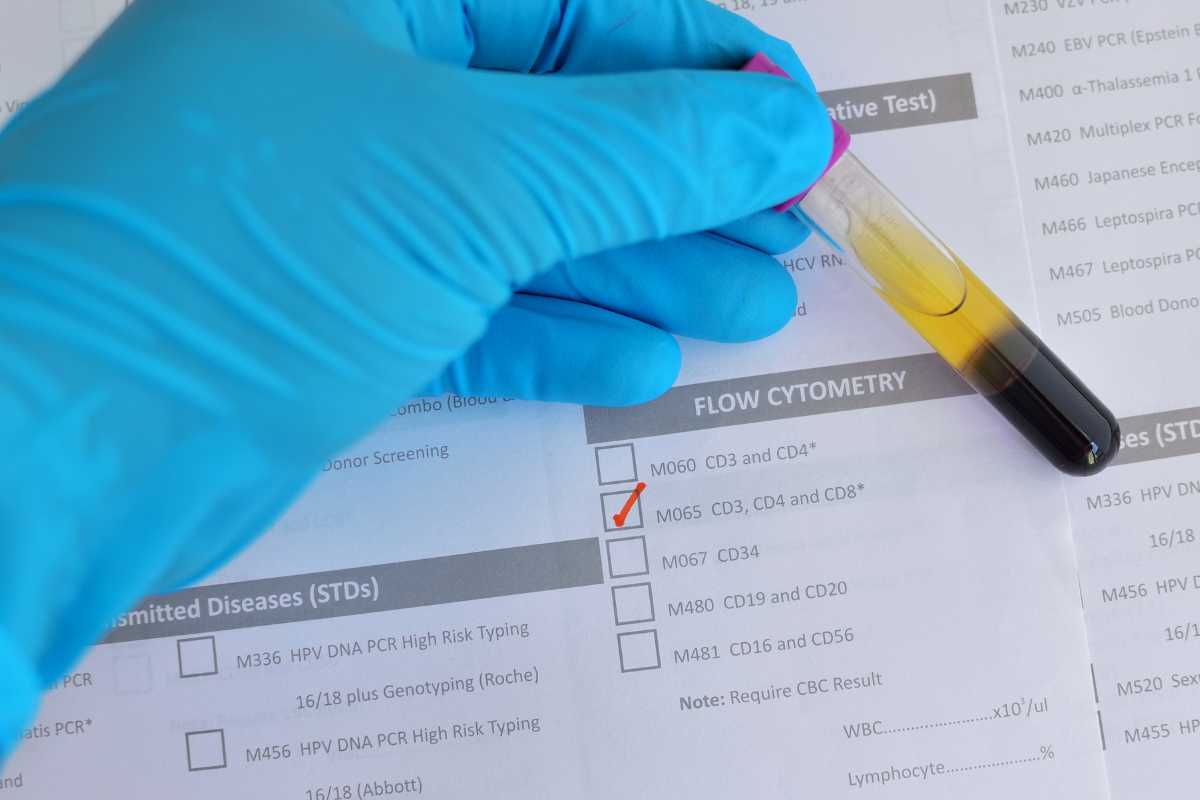Clinical Documentation Improvement (CDI) is a critical initiative in healthcare aimed at enhancing the accuracy, completeness, and reliability of patient health records. This process is integral not only for ensuring quality patient care but also for optimizing reimbursements, maintaining compliance with regulatory requirements, and facilitating accurate reporting and research. This article delves into the importance of CDI, its methodologies, benefits, challenges, and future directions.
The Importance of Clinical Documentation Improvement
CDI is pivotal in transforming clinical documentation into precise, comprehensive records that reflect the true extent of patient care. Accurate documentation is essential for several reasons:
Quality of Patient Care: Proper documentation ensures that healthcare providers have a complete and accurate picture of a patient’s medical history, current conditions, and treatment plans. This information is crucial for making informed clinical decisions and providing high-quality care.
Reimbursement and Financial Performance: Healthcare providers are reimbursed based on the documentation of services rendered. Accurate and detailed documentation ensures appropriate coding and billing, which in turn guarantees that healthcare organizations receive the correct reimbursements from insurers, including Medicare and Medicaid.
Compliance and Legal Protection: Healthcare organizations must adhere to stringent regulatory requirements. CDI helps ensure that documentation meets these standards, reducing the risk of legal issues and financial penalties.
Data Integrity for Research and Reporting: Accurate clinical documentation is vital for health research, policy-making, and reporting. High-quality data supports better health outcomes and advances in medical science.
Methodologies in Clinical Documentation Improvement
Effective CDI programs employ a variety of methodologies to enhance the quality of clinical documentation:
Education and Training: Continuous education and training for healthcare providers on the importance of detailed and accurate documentation are fundamental. This includes understanding medical coding, recognizing the significance of specificity, and adhering to documentation guidelines.

CDI Specialists: Employing Clinical Documentation Improvement specialists or consultants who work directly with healthcare providers to review and improve documentation practices is common. These professionals are skilled in medical coding, terminology, and clinical guidelines.
Technology and Tools: Utilizing advanced technologies such as Electronic Health Records (EHRs), Natural Language Processing (NLP), and Computer-Assisted Coding (CAC) systems can significantly enhance documentation quality. These tools help automate and streamline the documentation process, reducing the burden on healthcare providers.
Clinical Documentation Audits: Regular audits of clinical documentation can identify areas for improvement and ensure compliance with documentation standards. These audits can be conducted internally or by external reviewers.
Feedback Mechanisms: Implementing robust feedback mechanisms where CDI specialists provide real-time feedback to healthcare providers can foster continuous improvement. This helps in addressing documentation issues promptly and educates providers on best practices.
Benefits of Clinical Documentation Improvement
The implementation of CDI programs brings numerous benefits to healthcare organizations, providers, and patients:
Enhanced Patient Care: Improved documentation leads to better communication among healthcare providers, ensuring that all relevant patient information is accessible and up-to-date. This coordination is critical for delivering timely and effective care.
Financial Benefits: Accurate documentation directly impacts the financial health of healthcare organizations. It ensures appropriate reimbursement, reduces claim denials, and minimizes the risk of audits and penalties.
Compliance and Risk Management: By adhering to regulatory requirements and standards, healthcare organizations mitigate legal and compliance risks. This reduces the potential for costly legal disputes and enhances the organization’s reputation.
Improved Data Quality: High-quality clinical documentation contributes to reliable health data, which is essential for research, public health reporting, and policy-making. Accurate data supports better decision-making and health outcomes.

Operational Efficiency: Streamlined documentation processes reduce administrative burdens on healthcare providers, allowing them to focus more on patient care. This enhances overall operational efficiency and job satisfaction among providers.
Challenges in Clinical Documentation Improvement
Despite its benefits, CDI programs face several challenges that need to be addressed:
Provider Resistance: Healthcare providers may resist changes to documentation practices due to time constraints, workload, or a lack of understanding of the importance of CDI. Overcoming this resistance requires effective communication and education.
Resource Constraints: Implementing CDI programs can be resource-intensive, requiring investment in technology, training, and personnel. Smaller healthcare organizations may struggle with these costs.
Complexity of Documentation Requirements: The ever-evolving nature of healthcare regulations and coding standards can make it challenging to keep documentation practices up-to-date. Continuous education and adaptation are necessary.
Integration with Existing Systems: Integrating Clinical Documentation Improvement processes and tools with existing EHR systems can be complex. Ensuring seamless integration is crucial for the success of CDI initiatives.
Maintaining Consistency: Achieving and maintaining consistency in documentation practices across different providers and departments within a healthcare organization can be difficult. Standardized protocols and regular audits are essential to ensure uniformity.
Future Directions for Clinical Documentation Improvement
The future of CDI is promising, with advancements in technology and an increasing focus on value-based care driving further improvements. Key trends and future directions include:
Artificial Intelligence (AI) and Machine Learning: AI and machine learning technologies hold great potential for CDI. These technologies can analyze large volumes of clinical data to identify patterns, suggest improvements, and automate aspects of the documentation process.
Interoperability: Enhancing interoperability between different EHR systems and healthcare providers is crucial. Improved interoperability facilitates seamless sharing of patient information, enhancing the accuracy and completeness of clinical documentation.
Patient-Centered Documentation: Involving patients in the documentation process can enhance accuracy and completeness. Patient portals and other tools can enable patients to provide additional information and review their records for accuracy.
Telehealth Integration: As telehealth becomes more prevalent, integrating CDI practices into virtual care settings is essential. Ensuring accurate documentation during telehealth visits will be a key focus area.

Continuous Education and Adaptation: Ongoing education and training for healthcare providers will remain crucial. As healthcare evolves, CDI programs must adapt to new standards, technologies, and practices.
Conclusion
Clinical Documentation Improvement is a vital component of modern healthcare, ensuring that patient records are accurate, comprehensive, and reliable. By enhancing documentation quality, healthcare organizations can improve patient care, optimize financial performance, ensure compliance, and support research and policy-making. Despite challenges such as provider resistance and resource constraints, the future of CDI is bright, with technological advancements and a focus on value-based care driving further improvements. As healthcare continues to evolve, CDI will remain a cornerstone of efforts to enhance the quality and efficiency of patient care.












